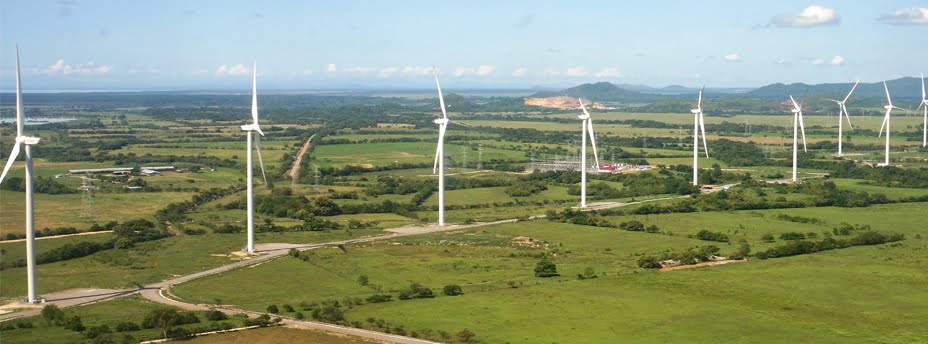Transformation of the Central American Energy Landscape

Historically,
hydroelectric power has dominated Central America's electricity sector;
however, since opening up to foreign investors in the middle to late 1990s,
thermal generation has grown rapidly. Although the diversification of power
supply has had a positive impact on these countries, there still are problems,
as hydropower remains susceptible to droughts and the price of oil can
fluctuate. In a move to increase energy supply security, Central American
countries have been integrating their electricity grids. This project, known as
the Puebla-Panama Plan, aims to reduce prices and to minimise supply disruptions.
With almost no
domestic hydrocarbon reserves (oil, natural gas and coal), all seven Central
American countries rely heavily on imported energy plus indigenous hydropower
to meet their domestic energy demand. In 2002, the countries met only 25% of
the region’s total primary energy consumption from domestic energy sources. Of
all the countries, Costa Rica was the most self-sufficient, meeting nearly 50%
of its total primary energy consumption in 2002. Oil was Central America’s main
source of energy, accounting for 77% of the region’s total primary energy
consumption in 2002).
With
strong power demand growth, Central American countries require more reliable,
less polluting electrical systems, plus more regional integration (currently,
the region's power supply is fragmented by national boundaries) to alleviate
power blackouts and rationing. A study by the IDB in 1998 found that total
investment up to 2008 in the region's power sector should reach over $7
billion, to meet annual average 6% power demand growth during this period.
Although private sector participation varies in the region, in general it is
increasing. Panama and El Salvador alone raised almost $900 million from the
sale of state-owned distribution companies in 1998, while Guatemala garnered more
than $500 million from the sale of a controlling stake in its largest electric
utility.



Comments
Post a Comment